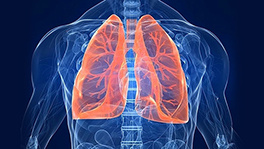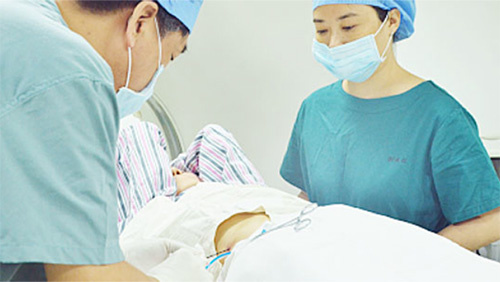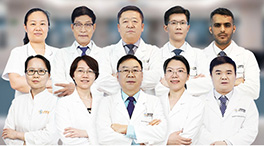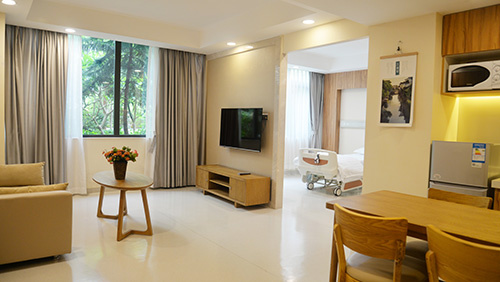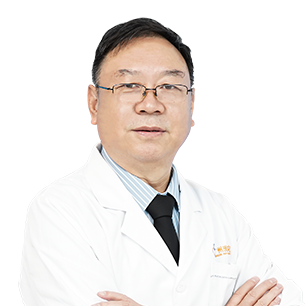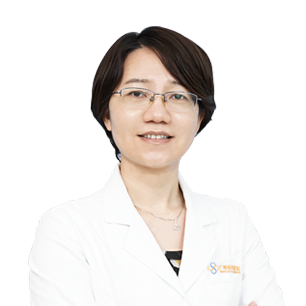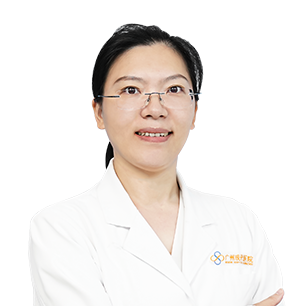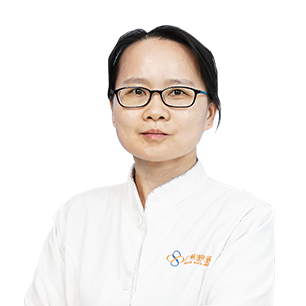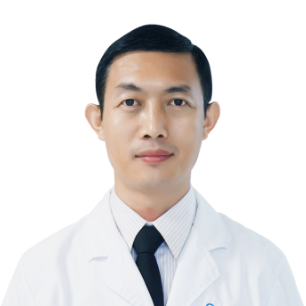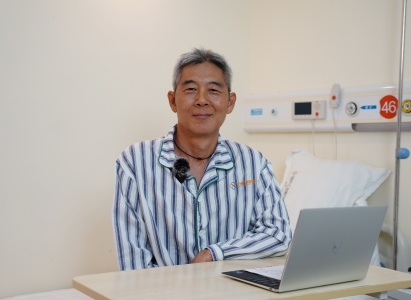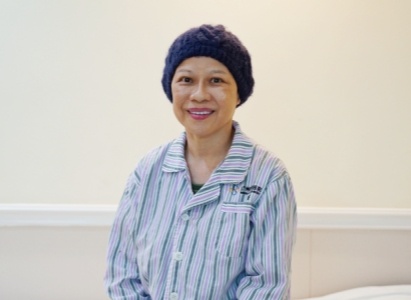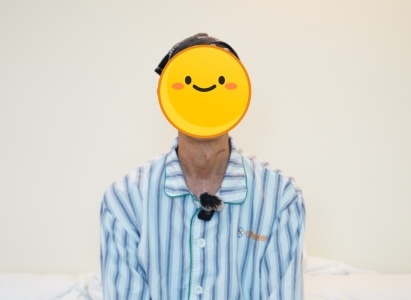 2023-11-22
2023-11-22 Share
Share
On November 14th to 15th, a medical media delegation consisting of members of Thai Elite Chinese Physicians Association, members of Thai Chinese Medicine Clinic, medical experts of Laos Oncology Department, Hospital President -Laos Nakronluang, and members of Laos TV9 visited China Anti-Cancer Association’s “Belt and Road” Integrated Cancer Medicine Training Base (Guangdong) - St. Stamford Modern Cancer Hospital Guangzhou. The purpose of this trip is to explore medical cooperation between China, Thailand and Laos, deepen medical exchanges between China and Southeast Asian countries and jointly promote medical research, technology promotion, and CACA guideline promotion in countries along the "Belt and Road", so as to facilitate the joint enhancement and progress of the medical field in countries along the "Belt and Road".
Jointly building the "Belt and Road"to achieve the mutual benefits
On the morning of the 14th, St. Stamford Modern Cancer Hospital Guangzhou’s President Wang Huaizhong, Director of the Hospital Office Yang Jinna, Chief International Cancer Expert Song Shijun, Director of International Affairs Department He Langbing and other hospital leaders warmly welcomed the visiting delegation.
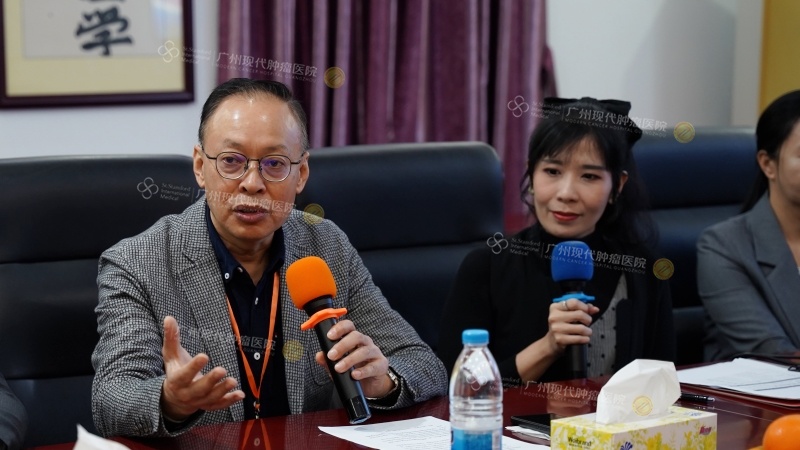
Speech by Wang Huaizhong, President of St. Stamford Modern Cancer Hospital Guangzhou
President Wang Huaizhong said: With the Chinese Anti-Cancer Association's "Belt and Road" Integrated Oncology Training Base (Guangdong) (hereinafter referred to as the "base") settling in our hospital, the medical exchanges and cooperation between our hospital and Southeast Asian countries have become increasingly closer. We has close ties with the ministries of health and major medical institutions in Laos and Thailand, and has organized many medical exchanges and seminars with the two countries. Our hospital receives about 50,000 patients from Thailand, Laos and other Southeast Asian countries, and have a good reputation in Southeast Asian countries. Now that the "base" has settled in our hospital, we also responsible for recommending the CACA guidelines to Southeast Asian countries, building a communication platform, coordinating technical exchanges among medical team in Southeast Asian countries, and providing high-quality medical services to Southeast Asian people. We sincerely hope that colleagues from Thailand and Laos will join the team of building the "One Belt, One Road", share medical resources, promote the application of new technologies, and allow more patients to receive higher quality medical services.
Learn from each other and jointly popularize cutting-edge cancer technologies
During this trip, hospital have arranged a visit to the hospital environment, VIP ward, information system, remote consultation center, interventional room, minimally invasive room, etc., and organized discussions on medical technology with tripartite medical experts to allow the visiting group to have an in-depth understanding of our minimally invasive tumor treatment technology and infrastructure as well as cultural construction.

The delegation visited the hospital
Professor Song Shijun, the chief oncologist of our hospital, introduced the diagnosis and treatment advantages of our MDT medical team, and discussed with medical experts from Thailand and Laos on cancer diagnosis and treatment. Both parties agreed that the diagnosis and treatment model of the MDT medical team can provide patients with more comprehensive and personalized treatment plans.
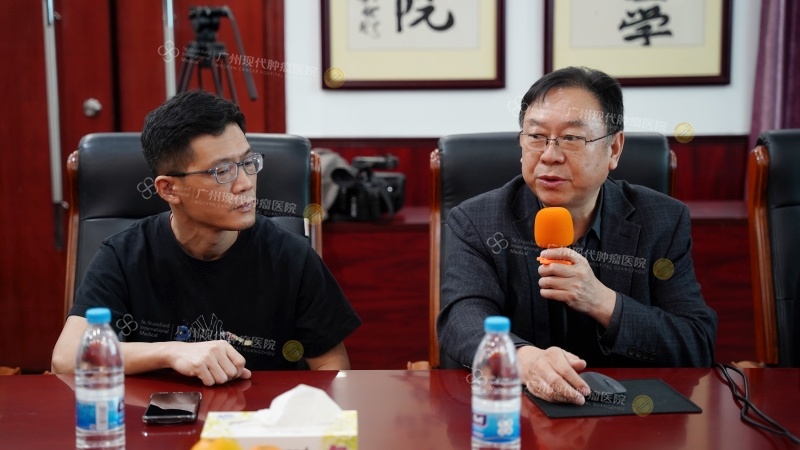
Medical experts conduct academic discussions
Regarding minimally invasive tumor treatment technology, experts from the two countries had in-depth discussions with Professor Song Shijun, the chief oncology expert of our hospital. Professor Song Shijun shared the lecture "Minimally Invasive Precision Treatment" and introduced minimally invasive tumor technologies such as interventional therapy, nanoknife, particle implantation, and microwave ablation to the visiting group. Representatives of the visiting delegation also introduced the current medical situation in their countries. Representatives of the visiting delegation said: In Thailand and Laos, although minimally invasive tumor treatment technology has been applied, it is still small-scale and has limitations, and there is still a lot of room for improvement. The public's awareness of minimally invasive tumor technology is also relatively low. It is hoped that the three parties can work together to bring cutting-edge technology to the two countries so that more people can benefit.

Speech by President nakronluang of Laos

Deeply shocked, a patient who has recovered from mid-to-late stage cancer after 5-10 years
on the afternoon of the 14th , the delegation visited the Thai and Laotian patients in the hospital and inquired in detail about their conditions and health, wishing them a speedy recovery. Although most of these patients are in the middle and late stages of cancer, they are still receiving good treatment in the hospital.
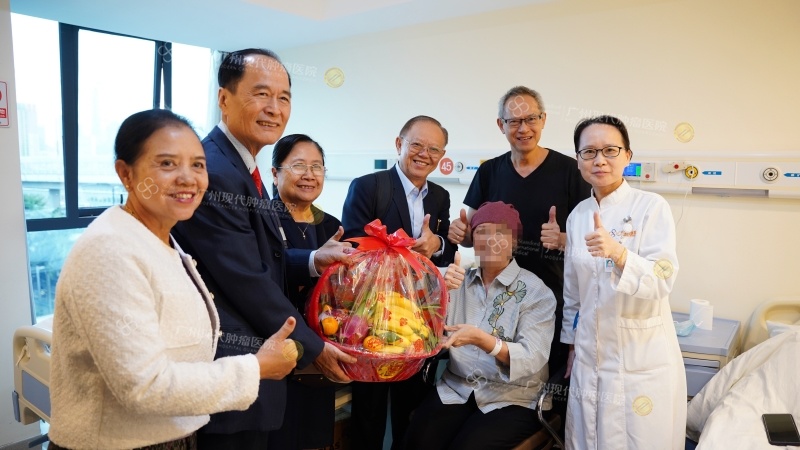
The delegation visits patients in hospital
on the afternoon of 15th , the delegation also participated in the activity organized by the hospital to return to the base of anti-cancer star volunteers. It is reported that this activity is for patients who have successfully fought against cancer for 5-10 years to return to the hospital to share their experience of fighting cancer and spread the positive energy of fighting cancer. Most of these anti-cancer star volunteers are middle and late-stage cancer patients who were once given up, however, after treatment at S t. Stamford Modern Cancer Hospital Guangzhou, they not only prolonged their life, but also improved their quality of life, which not only deeply inspired other patients, but also shocked the visiting delegation.
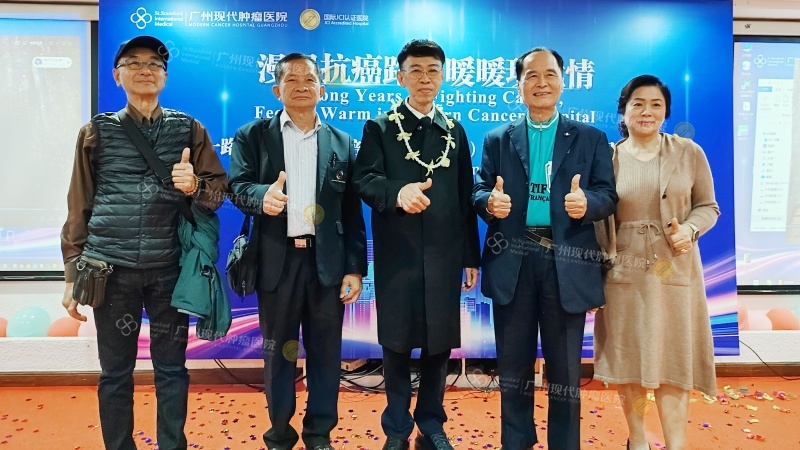
The delegation took photos with Thai anti-cancer star volunteers
A representative of the visiting delegation said: “In Thailand and Laos, many patients with intermediate and advanced cancer are often given up on treatment. However, when I visited St. Stamford Modern Cancer Hospital Guangzhou and communicated with patients, I found that many patients with mid-to-late stage cancer here survived after treatment. I saw so many patients successfully fighting cancer and even still living with high quality for more than 10 years. This deeply shocked us, and these successful treatment experiences are very worthy of our study and reference."

Speech by the President of Thailand Elite Chinese Physicians Association
This trip of medical cooperation and exchange among the three countries is of great significance to all three parties. Representatives of the visiting delegation said: After the establishment of the China Anti-Cancer Association’s “Belt and Road” Integrated Cancer Medicine Training Base, it will play a very good guiding role in the cancer treatment and academic development of the two countries. We are very much looking forward to the CACA guidelines of the Chinese Anti-Cancer Association being disseminated to the two countries as soon as possible to help doctors in the two countries improve their cancer treatment technology and benefit more people. We hope to take this opportunity to further cooperate with St. Stamford Modern Cancer Hospital Guangzhou to build a medical and health bridge between China, Thailand and Laos, so that more cancer patients can enjoy high-quality medical services.

Giving souvenirs to each other
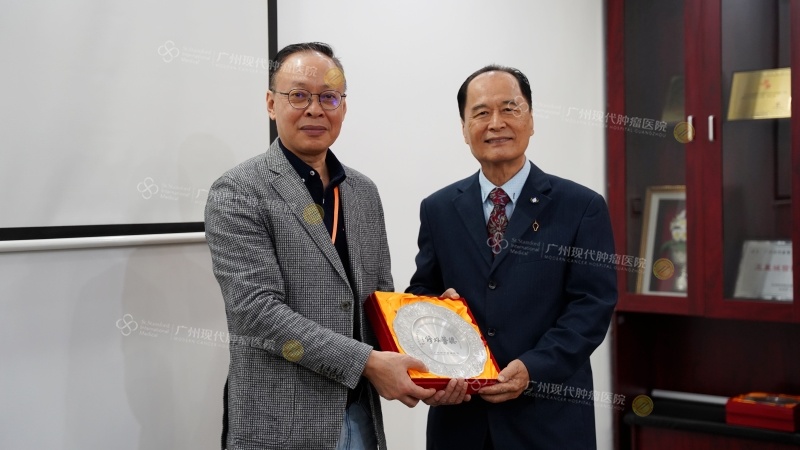
At the end of this trip, the three parties exchanged souvenirs to witness the profound friendship between the three parties. It also means that the three parties work together to jointly promote the medical construction of the "Belt and Road" countries along the Southeast Asia and spread cutting-edge cancer treatment technologies to benefit more people.


